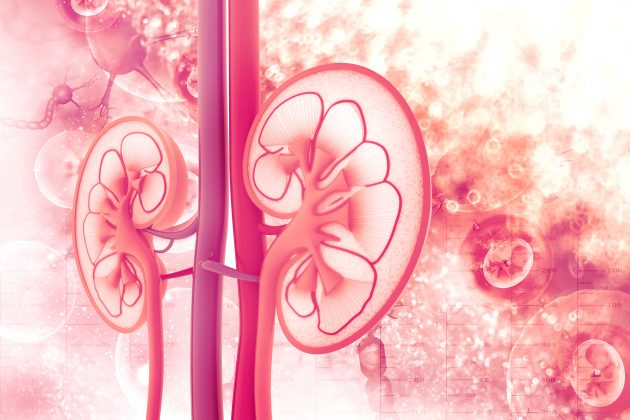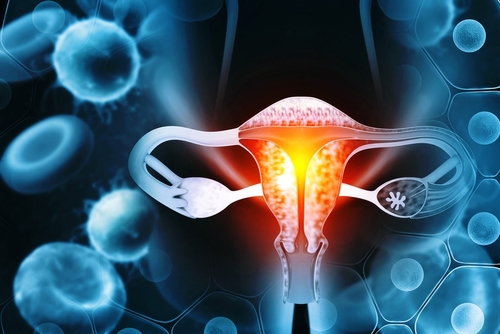Kidney Week 2020
Critically ill patients often develop acute kidney injury (AKI), a condition that has a broad spectrum of severity. Severe AKI that requires continuous renal replacement therapy (CRRT) is associated with increased risk for morality compared with non-dialysis AKI. However, there are few data supporting consensus guidelines describing discontinuation criteria for CRRT.
Panupong Hansrivijit, MD, and colleagues conducted a meta-analysis designed to identify the clinical parameters for CRRT discontinuation as well as overall mortality in patients with AKI. Results of the meta-analysis were reported during a virtual poster session at ASN Kidney Week 2020 in a poster titled A Meta-Analysis of Clinical Predictors for Renal Recovery and Mortality in AKI Requiring Continuous Renal Replacement Therapy.
The researchers searched Ovid MEDLINE, EMBASE, and the Cochrane Library without language restrictions up to January 2020. Inclusion criteria were patients ≥18 years of age with non-end-stage-kidney disease who required CRRT for AKI. Only studies utilizing multivariable analysis were included. Patients receiving intermittent hemodialysis were excluded. Based on primary outcomes, the analyses were divided into two cohorts: (1) renal recovery cohort and (2) overall mortality cohort.
In the renal recovery cohort (n=4497 from 14 studies), the mean effluent dose of CRRT was 24.93 mL/kg/h with a median duration of CRRT of 3.75 days. Factors that were predictive of renal recovery were increasing urine output at the time of CRRT discontinuation (per 100 mL/day) (odds ratio [OR], 1.021; 95% confidence interval [CI], 1.012-1.031), elevated initial sequential organ failure assessment (SOFA) score (per 1 score) (OR, 0.890; 95% CI, 0.085-0.984), and serum creatinine level at CRRT initiation (per 1.0 mg/dL) (OR, 0.995; 95% CI, 0.991-0.999).
In the overall mortality cohort (n=16,948 from 11 studies), the mean effluent dose of CRRT was 26.22 mL/kg/h with a median duration of 4.5 days. There were significant associations between age (per 1 year) and presence of sepsis (ORs, 1.023; 95% CI, 1.006-1.040 and 2.031; 95% CI, 1.267-3.257, respectively) with overall mortality.
All analyses remained significant through sensitivity analyses, and there was no publication bias observed.
In conclusion, the researchers said, “Urine output at CRRT discontinuation, initial SOFA score, and serum creatinine level are predictive of renal recovery and successful CRRT discontinuation. Increasing age and the presence of sepsis are independent risk factors for elevated overall mortality.”
Source: Hansrivijit P, Puthenpura M, Ghahramani N, Thongprayoon C, Cheungpasitporn W. A meta-analysis of clinical predictors for renal recovery and mortality in AKI requiring continuous renal replacement therapy. Abstract of a poster presented at the American Society of Nephrology virtual Kidney Week 2020 (PO0004), October 22, 2020.
Credit: Original article published here.









